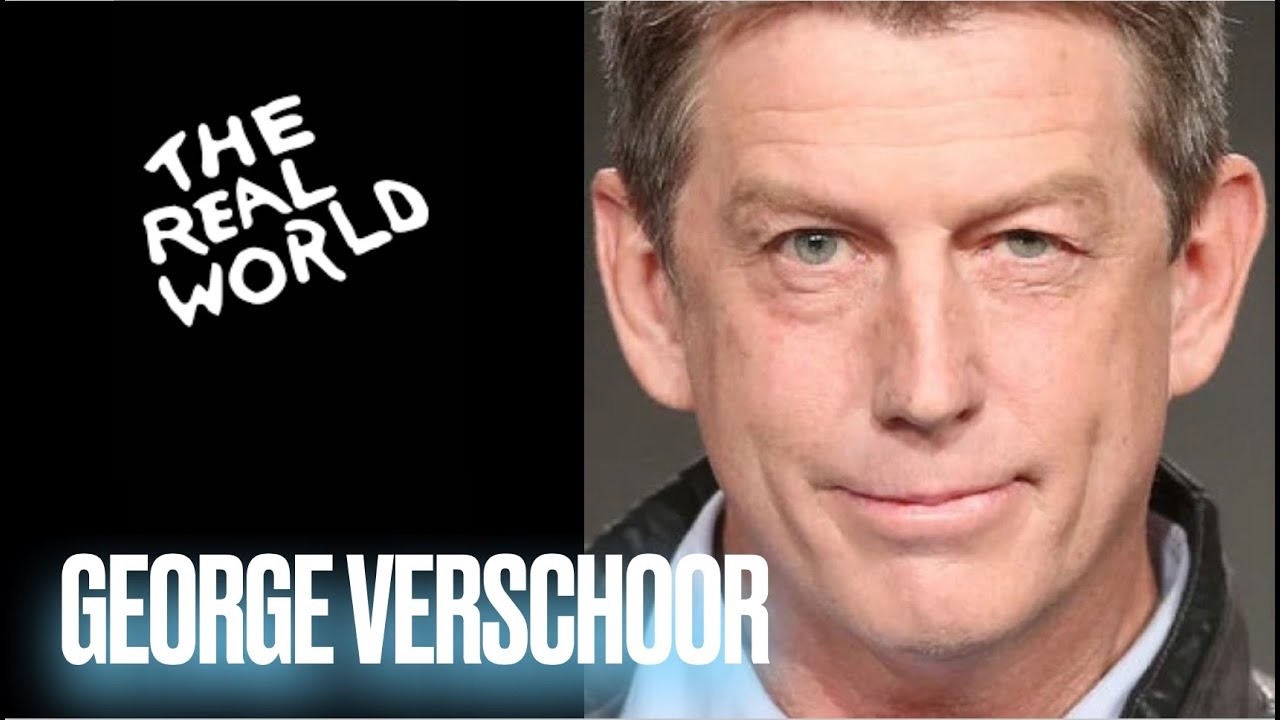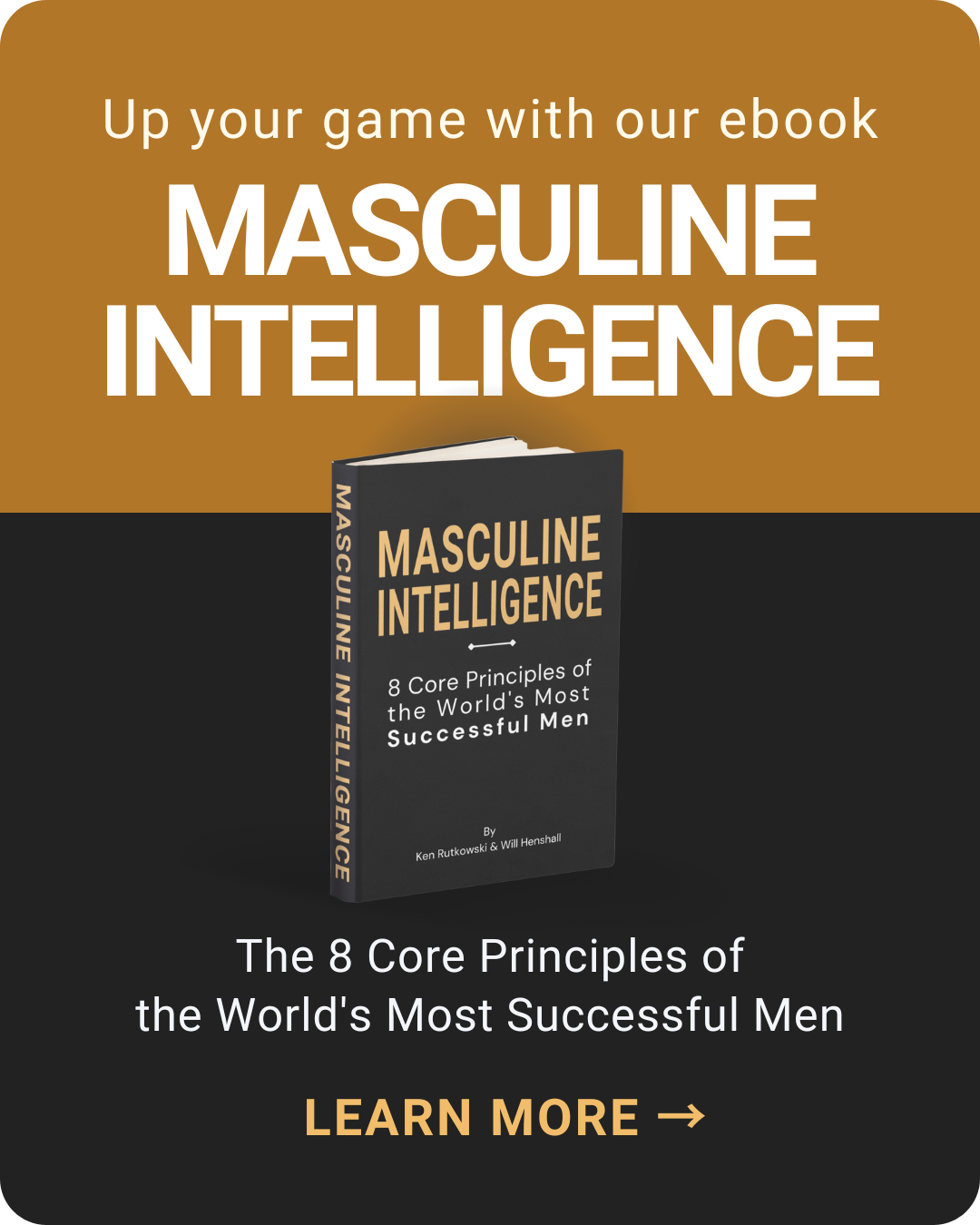
George Verschoor helped to birth a monster.
“I didn't create The Real World, but I was asked to showrun it at the start. The idea was to do ‘a cheap soap opera,’ MTV bit, and it was life changing for me.”
But putting seven people in a house and filming it meant long, boring stretches of nothing happening.
“So we said, ‘Let's throw pebbles in the pond, let's create drama.’ That backfired. The cast revolted, and threatened to leave. There was drama enough, even if we had to throw away 95% of our recordings to emphasize it.”
Verschoor left after four seasons for the more soul-nourishing work on Extreme Makeover: Home Edition, where they built houses for deserving families.
“We would tear down their old house and build a new one in 106 hours. On that show, we had a massive team – we had 200 people on our team alone. And on that show, we had 20,000 volunteers, 22 builders, and 40 project managers. You really see heroism when you have a great story and watch a community come together.”
However, after 30 years of being in “hyper mode” running shows, Verschoor found himself with a bit of PTSD.

“I could not stay present, I couldn't stay in the moment. My mind was racing all the time. It was a struggle for me. I couldn't really integrate my inner world and my outer one.
Watch George Verschoor at METAL
Two practices saved him.
The first was ocean swimming.
“I live in Malibu, on the beach, and I was watching this amazing guy in my building from the Italian water polo team swimming out into the cold ocean. He said I should try it, so I did. I got in the water. Fifty-six degrees –it was absolutely shocking.”
He started with just a minute a day, “getting into the water, freezing, my mind racing. I'd run out after a few seconds and jump into the hot tub, But after a while, I just started going into the water day after day. Not only was I getting this great dopamine hit from the cold water immersion, but I also got a sense of what it feels like to push past this feeling of "I don't want to do this."
He’s been swimming daily for three years.
The second practice that changed his life was meditation.
I wrestled with the question, "How do you tame your crazy mind? How do you make your mind your friend?"
Verschoor got into TM (Transcendental Meditation) and started the David Lynch Foundation teaching meditation in high schools. He read stacks of self-help books. He landed on Zen Buddhism.

“For me, it's just about following your breath, literally one breath at a time. Try to be 100% present, right now.”
The two practices quickly melded.
“In Buddhism, it's a lot about handling aversion. We avert things that we really don't want to do. We go toward pleasure, we avoid pain. And going into cold water for me was a great practice!”
Buddhism helped him train his mind.
“I had to make my mind my friend. When you're out in the ocean here and get about 100 yards offshore and start swimming, your mind starts freaking out, thinking ‘shark, shark, shark.’ That's what I'm thinking every five seconds: ‘I'm gonna be eaten by sharks.’"
That distraction, he says, ruins your capacity to swim.
“You lose your technique, you over-breathe and you really put yourself in danger. This is where my Zen practice of meditation came in – using the breath, really just following the breath.”
This integration of sport and mindfulness changed him.
“Now, I swim for almost half an hour every day, year-round. We swim in 52-degree water, which is cold and dangerous. I'm not pretending there aren't sharks, but the statistic I keep telling myself is that around five people die in shark attacks each year, while 150 people die from coconuts falling on their heads. So, I'm going to stick with the idea that at least a coconut won't hit me out there.”
“Swimming is great for that because all the noise goes away. It's just you and your thoughts, and you're listening to those thoughts. Through that, you learn to quiet your mind. In swimming, you're following your breath, your stroke, and it's a repetitive practice – much like meditation.”
Verschoor knew he needed to get out of reality television, which he helped create.
“By its nature, it thrives on drama, conflict, and fear. It doesn’t matter if you're telling the truth. It's about who’s the loudest, and it creates this magnetic pull toward dysfunction. I knew in my soul it wasn’t healthy. This insatiable appetite for ego-feeding dysfunction, where the louder and more problematic you were, the more camera time you got – it was a disaster waiting to happen.”
Verschoor has since deepened his Zen practice by sitting in hospice through the New York Zen Center for Contemplative Care.
“You learn to sit with people who are dying. It was an unbelievably profound experience to witness that and be present for someone without bringing your own needs, thoughts, or baggage into it. The challenge is learning how to leave your baggage at the door and just bear witness to someone who's dying. When you're with someone who only has a day or two left, you have to be 100% present to honor them and their life.”
Verschoor adds,”through this work and the Zen practices I had to learn to do this, in a way, I have learned to honor my own life as well.”
Takeaways:
- Unscripted television has created extreme dysfunction and has contributed to the chaotic, divisive, conflictual culture we are currently experiencing.
- Ocean swimming in cold water can be a phenomenal spiritual practice.
- Zen Buddhism is a way to both calm and befriend the mind.
- Coconuts are murderous demons.
To learn more about Verschoor’s take on Zen Buddhism, affirmations, how Reality TV, the news, and politics are driving us toward chaos; why neither The Real World nor Extreme Home Makeover would get greenlit today, the role of YouTube and more, watch the video here.
Written by Adam Gilad
Trending Now
EXCLUSIVE - Family Offices: Power Players Quietly Shaping the Future of Investments: The guarded universe of family offices—opaque by design, reserved for the ultra-wealthy, and generally off-limits to outsiders. But in 2024, the veil has been lifted, if only slightly, to reveal a fascinating trend: family offices are diving headfirst into the startup world, funding the next wave of technological and societal breakthroughs. Here’s why family offices are the hottest startup investors you’ve never heard of and which industries they’re pouring their money into. (Ken Rutkowski)
The Cheapest Passports in the World : The cost of global travel can vary greatly depending on your location. Passports, which are key to international mobility, come with fees that vary widely from country to country. Here are the 10 least expensive passports in the world, listed in U.S. dollars, along with their respective validity periods. (Visual Capitalist)
Setting Up Movie Sex Scenes is Now Union Work : Over the past decade, intimacy coordinators have established themselves as an integral part of the film industry. These consultants act as intermediaries between actors and filmmakers, ensuring a comfortable environment during the filming of intimate scenes. Despite some resistance, primarily from veteran male actors, the role has become increasingly accepted. This week, intimacy coordinators achieved a significant milestone by voting to join SAG-AFTRA. (AV Club)



